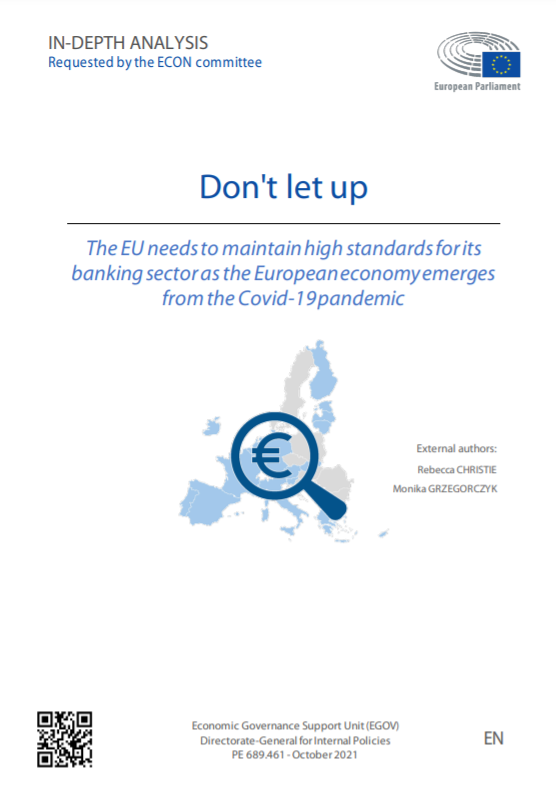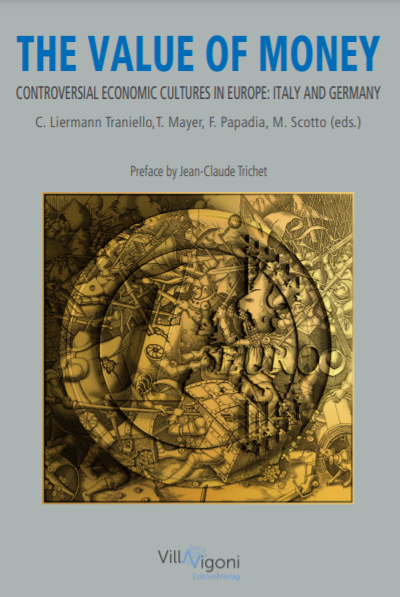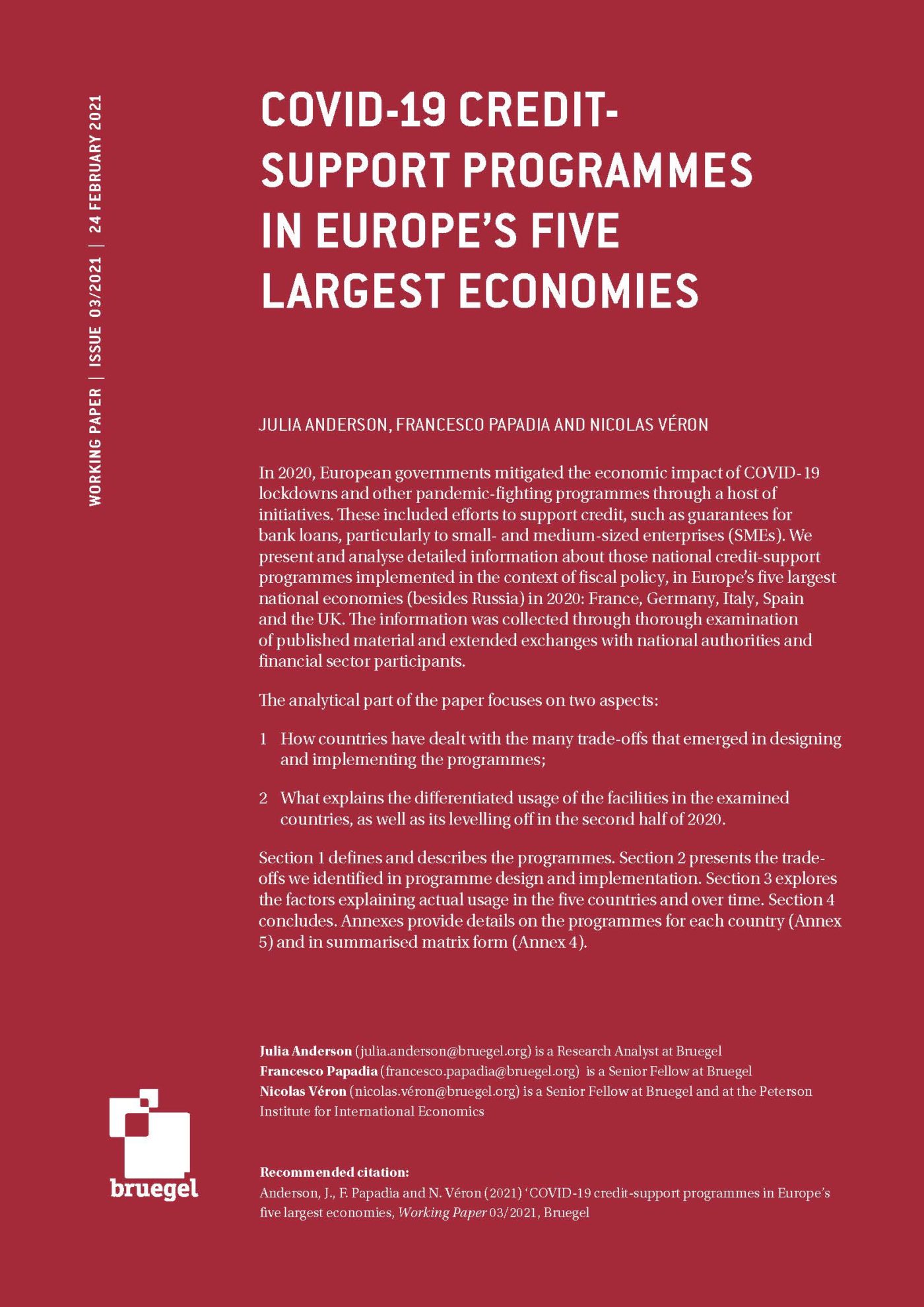Blog Post
The strange case of the MPS capital shortfall
Italy's banking saga continues with the announcement that beleaguered MPS may need to find an additional €3bn. What exactly has changed, and what does it say about ECB decision making?
Before Christmas the Italian government approved a decree authorising the use of up to €20bn of public funds to deal with the precautionary recapitalisation of Monte dei Paschi di Siena (MPS) and possibly other banks. I have discussed the details of the MPS case extensively in the past, for example here). Just when it seemed like Italy’s banking troubles had been put to rest, at least momentarily, the ECB reportedly told the Italian government that MPS now needs to raise €8.8bn of capital – rather that the €5bn previously predicted.
This is obviously a quite significant change. It almost doubles the shortfall and therefore also increases the amount that the state might be expected to chip in. So what can be the reason for this retroactive change? As of now, there seems to be quite a lot of confusion.
Both Reuters and the FT reports link this change to the deteriorating liquidity position of MPS, but this is not convincing. Liquidity is different than capital: if it were not, then we should conclude that whenever a bank (or indeed a state) is illiquid, it is also insolvent. The liquidity position of MPS has reportedly worsened in recent weeks, but the state intervention was already supposed to include a liquidity guarantee to deal with that.
Alternatively, it may be that the ECB thinks the adverse scenario for the current situation of MPS has worsened. As the ECB recently wrote in an explainer, precautionary recapitalisation is limited to the capital injections needed to address a capital shortfall under the adverse scenario of a stress test. The ECB is asked to confirm that the bank has a capital shortfall – and to determine the amount of the shortfall – while confirming that the bank has no shortfall under the baseline scenario in this case.
So it may be that the current adverse scenario for MPS is worse than before. But if the situation has deteriorated to the point that the banks suddenly needs 3.8 more billions, this would probably imply that the baseline scenario is also no longer valid, and the real baseline is much closer to the previous adverse. It would be very important to know just how close, because this could have important consequences on the applicability of precautionary recap.
Let’s recall that the estimated CET1 ratio for MPS under the adverse scenario of the July stress test was -2.2%. If this change in the shortfall comes from a change in the scenario that the ECB think should apply to MPS, and if the new baseline scenario implies a shortfall, then it is difficult to see how this would be compatible with precautionary recap at all. CET1 under the baseline scenario was 8.5bn. As an example, if we were to deduct from this the full additional 3.8bn that have now been requested, this would bring the CET1 ratio under the baseline scenario at 6.7%. The shortfall may be lower, but if this is the reason for the change the new assessment should anyway be made public.
There is a third option. Italian media (for example here) report that Italian officials have been saying very vaguely that this was due to a change in the way the shortfall was computed “in light of what done for Greek banks”.
In the 2015 AQR the ECB had indeed changed the thresholds for computing the capital shortfalls for Greek banks from 8% baseline and 5% adverse (as in the 2014 stress tests) up to 9.5% and 8% respectively. I wrote about this at the time: there was no explanation given in the aggregate AQR report, but the presentation of results for the Greek banks mentioned that the 9.5% was to “reflect the risk profile of the banks”. This augmented requirement is not something that follows automatically from the provisions on precautionary recapitalisation in BRRD, so it may point to a model adjustment. Yet in the Greek case, banks were re-assessed (in the 2015 AQR versus the 2014 stress test) before this additional requirement was imposed. In the MPS case, if confirmed, this looks more like a retroactive twist of the July test from which the previous capital shortfall was obtained. Moreover, if this was indeed the outcome of a model adjustment, then it should probably prompt a re-assessment of the whole system.
So this leaves us with a puzzle. This change in the capital requirement may be the result of a meaningful change to the applicable stress test scenario – which may preclude the option of precautionary recap. Or, it may be the result of a model adjustment – in which case precautionary recap is still an option but the problem could go past MPS and require a re-assessment of the whole system. Both these alternatives have potentially serious consequences, for MPS and potentially the other Italian banks.
The ECB needs to disclose what the justification for this is, and it needs to do it as soon as possible. Transparency and reliability of supervisory actions are crucial elements to the effective functioning of the EU common supervision framework and to finally give certainty to investor as to how banking sector problems should be dealt with.This kind of volatile decision-making certainly go in a different direction.
Republishing and referencing
Bruegel considers itself a public good and takes no institutional standpoint. Anyone is free to republish and/or quote this post without prior consent. Please provide a full reference, clearly stating Bruegel and the relevant author as the source, and include a prominent hyperlink to the original post.



















